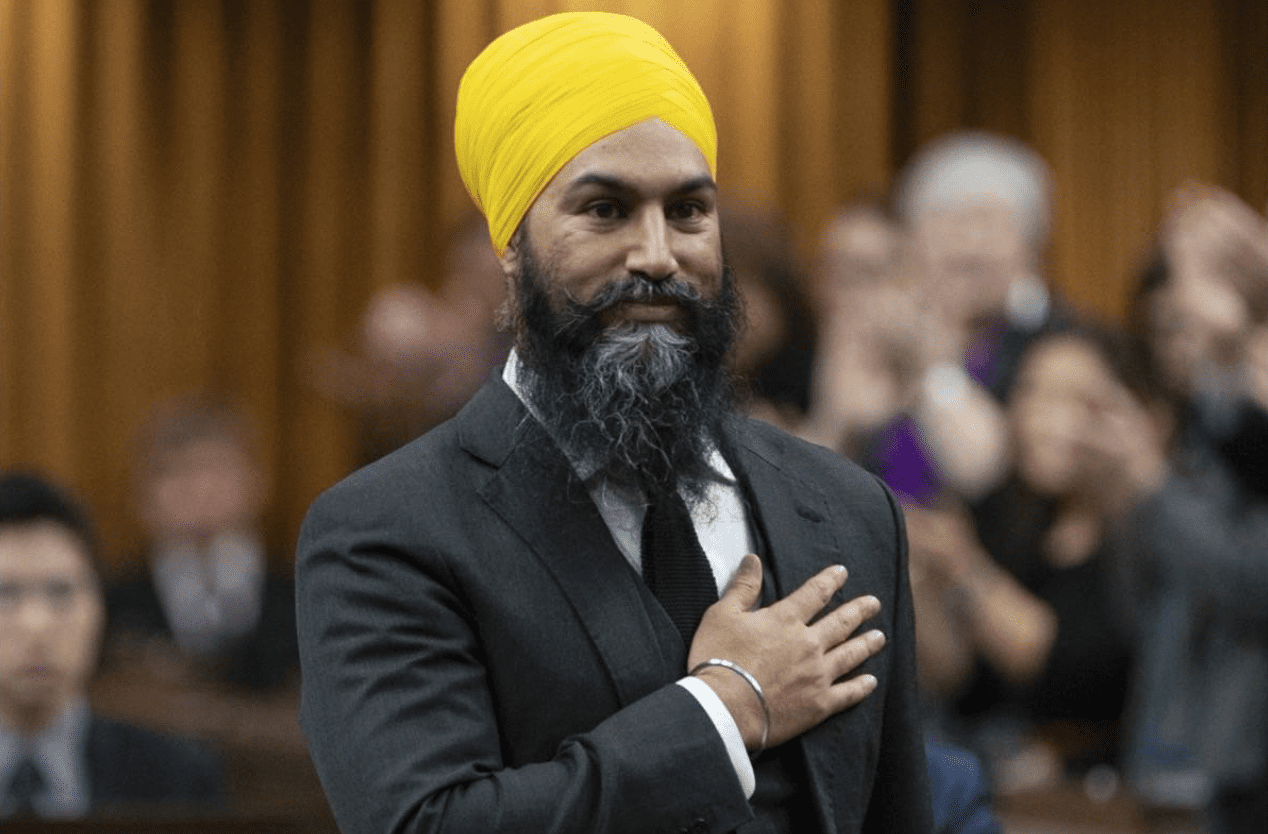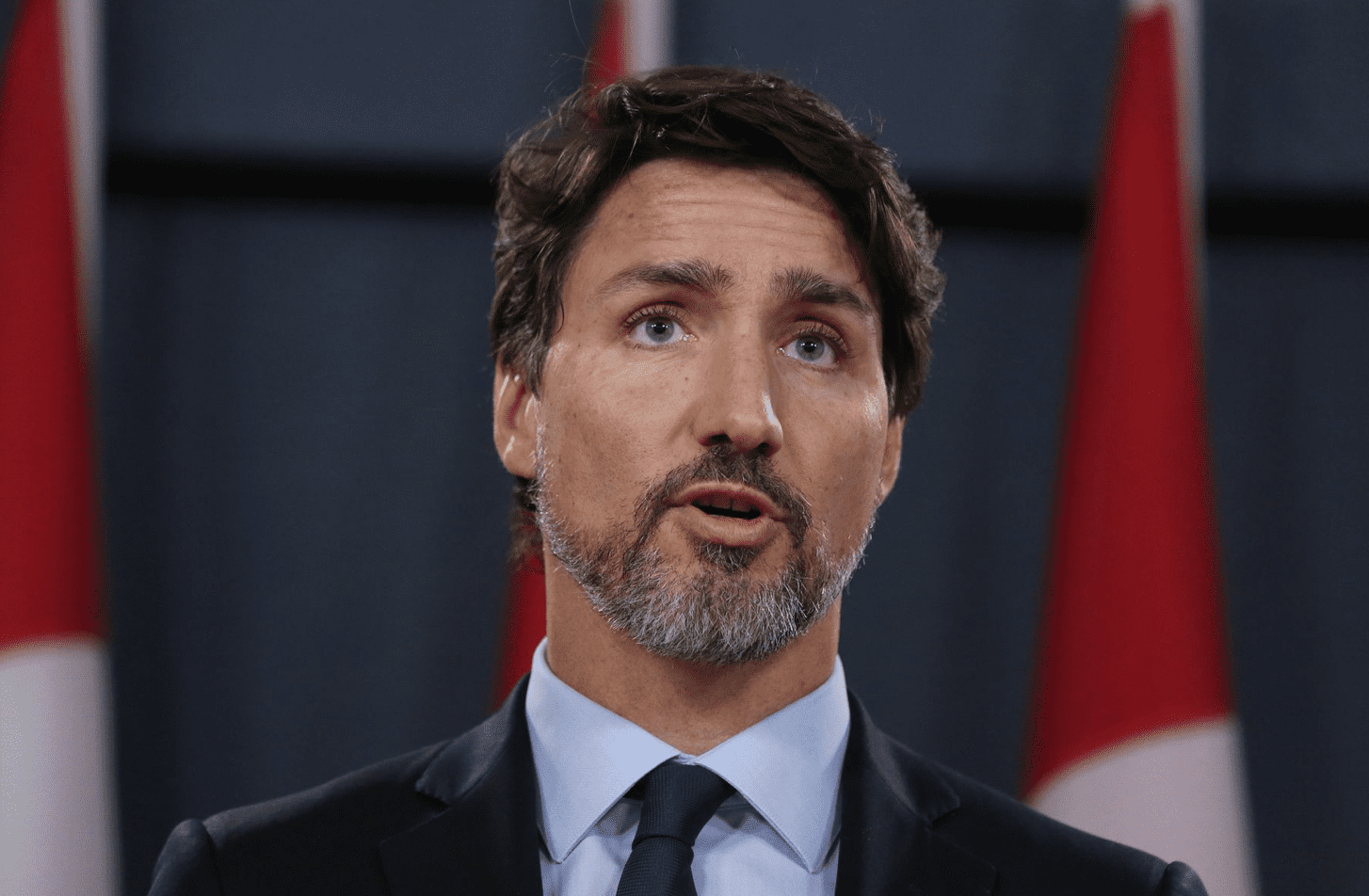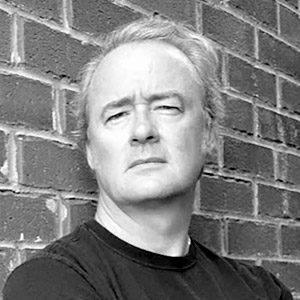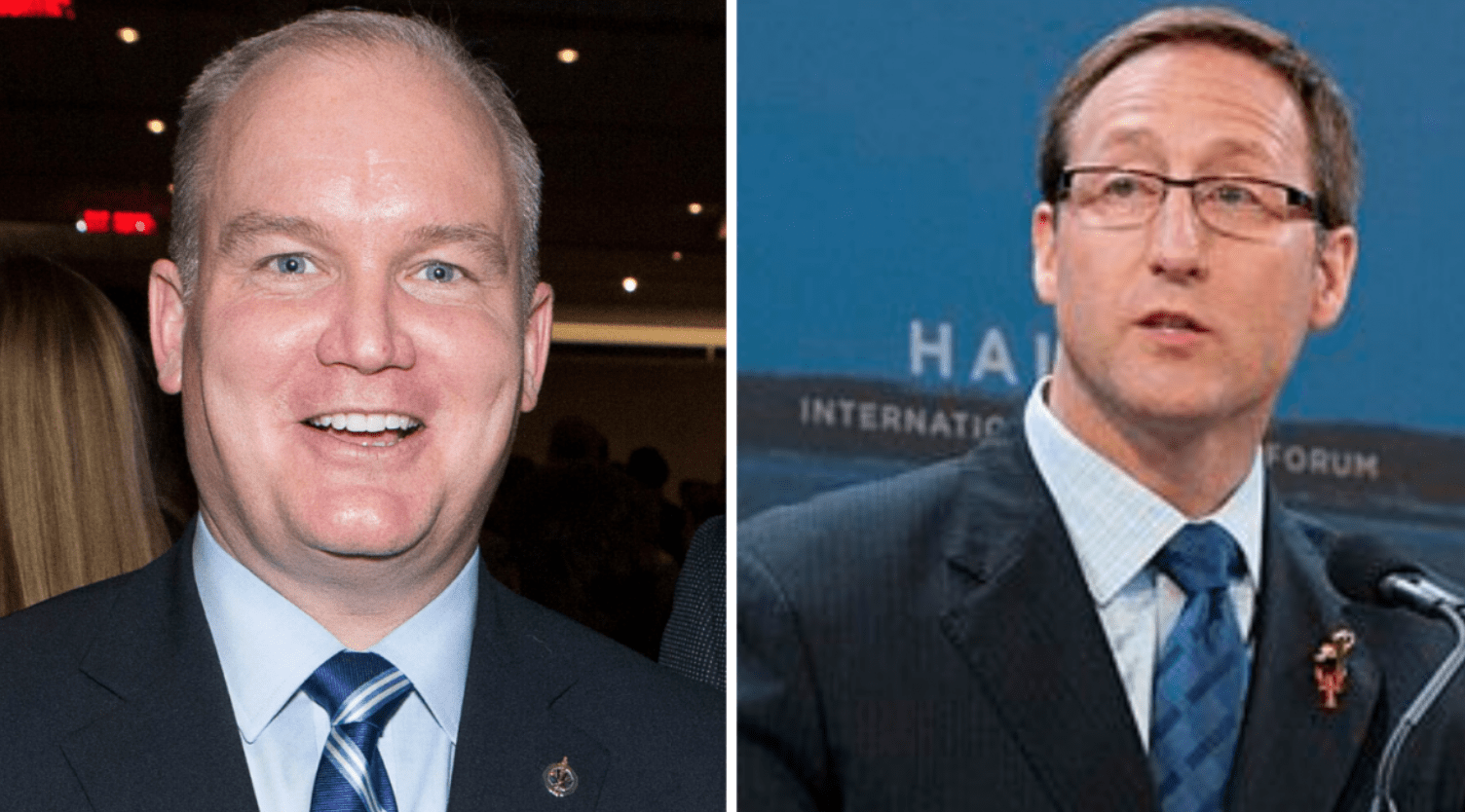With the return of the House of Commons, the NDP have been insisting, over and over, that they will make universal pharmacare the subject of their first bill of the new Parliament. Jagmeet Singh even went so far as to make this vow to prime minister Justin Trudeau in Question Period as a signal that he was super serious about it, but there's just one small problem. Well, actually, more than one problem, but the biggest one is that what he's promising is a non-starter on pretty much every level.
The first point is that this is a hijacking of private members' business by the party leader. There are three NDP MPs in the first tranche of 30 private members' spots in the order of precedence Peter Julian, Leah Gazan, and Alistair MacGregor. They should, by rights, have the spot to bring forward a piece of business that is important to them as an MP, not what their leader thinks will be a good wedge against the government. I know that the NDP like to do everything in lockstep and solidarity, and so on, but this is Singh literally robbing the agency of his own MPs in order to advance his agenda. His MPs should object to this, but given how the party tends to manage its caucus, that's unlikely to happen. (Seriously public dissent is not tolerated in the party, and MPs are frequently punished if they display any).
The bigger problem, however, is that the premise of the bill is far beyond the scope of what private members' bills can accomplish, in particular because they are forbidden from spending money. Government bills can spend money because they can authorise the Royal Recommendation necessary to do so that's why they're the government, and why the House of Commons holds them to account for that very power. There is no way that pharmacare can be achieved without federal dollars, so that should be a non-starter right there. Additionally, healthcare is an area of provincial jurisdiction under Section 92 of the Constitution (with some federal exceptions related to the armed forces and Indigenous communities), so any bill that comes forward to try to implement pharmacare should similarly be declared non-voteable by the committee that vets these bills. Singh may try to challenge that by appealing directly to a vote in the House of Commons (by secret ballot), but it's unlikely to pass if both the Liberals and Conservatives and likely the Bloc as well would be against it.
This isn't to say that Singh may not be trying to be clever about it. In the party's press release on the matter, it was insinuated that the bill may try to lay out a framework like the Canada Health Act for which provinces would receive funding under the programme. The problem there, of course, is that this would be a unilateral imposition of a framework at the federal level rather than by negotiation with the provinces, given that it's their jurisdiction. If he thinks that's the way to get the provinces on-side to implement an extremely costly program that they would be responsible for delivering and maintaining if a future federal government decided to cut back on it say, to pay down the deficit then he's sorely mistaken, particularly as provinces are already balking at the notion of the programme. It also ignores that these kinds of negotiations would need to happen to establish a common national formulary as to which drugs are covered under the program. Provinces like Ontario are proposing that instead of pharmacare, the federal government simply pay for things like drugs for rare diseases, which are the most expensive and among the most rapidly-growing segment of provincial drug costs, which still leaves gaps in coverage.
Singh also proposed that the federal government sweeten the deal for provinces by restoring the health transfer escalator to six percent per year, rather than the new formula of three percent or the equivalent of nominal GDP growth whichever is higher. (If you call this a cut, as the NDP like to, you're wrong because a cut would imply money was taken away. It's still rising, but simply at a slower rate). The problem is that healthcare costs are not rising at six percent annually in the provinces, and in most, they're not even rising at three percent last I checked. That means that governments were using those healthcare dollars for other things, even though they would insist they weren't, but math is math. For Singh to demand that yet more money flow to the provinces beyond what would be part of the pharmacare program is simple lunacy.
Singh's apologists have been insisting that a bill on pharmacare is more about keeping the pressure on the government than it is about what is appropriate under parliamentary rules, but this seems to me to be a bit of an insult to the MPs whose slots were taken in order to make this statement on Singh's behalf. They have also been pushing a false narrative that the government has abandoned their promise to implement pharmacare, both by misrepresenting the promise itself (which was to follow the principles of the Hoskins Report and to negotiate with the provinces with a $6 billion down payment), and by claiming that they abandoned it because the health minister, Patty Hajdu, had the audacity to tell the truth in that she couldn't guarantee it would be up and running by the end of this parliament because it depended on the negotiations with the provinces. After all, why should the truth matter when you're selling promises of quick and painless federal programs?
What I find most irritating about this whole incident is the fact that virtually nobody is calling out the fact that Singh simply cannot deliver on his promise when it comes to this bill or that it would even be deemed voteable. Instead of having a proper conversation about the position of the provinces, or what other measures the federal government is taking, whether it's with regards to the Patented Medicines Price Review Board or the establishment of the Canadian Drug Agency, we're giving credence to this kind of posturing, which only serves to set up false expectations, and encourages Singh to keep making false promises.
Photo Credit: Victoria News










